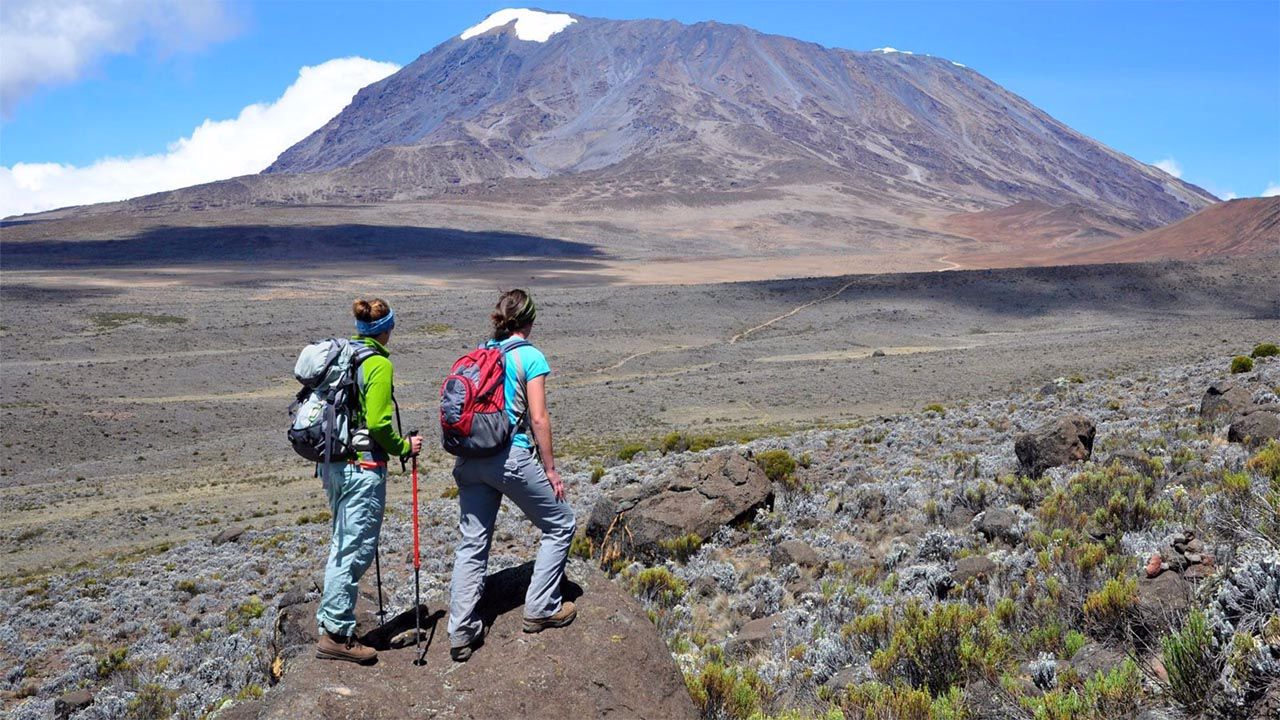I've written before about why adventure travel is so expensive and what goes into the the price of a trip. But can adventure travel be too cheap?
Eight years ago, when Adventures in Good Company was still fairly new to planning international trips, I decided to offer a trip to climb Kilimanjaro. I did some research, talked to some people, and decided to book the trip through a small company in England that represented local companies in different destinations. They were responsive to our inquiries and it was obvious we would be going with a porter.
Tanzanian company that did a lot of trips and had a good safety record. Best of all, the price was quite reasonable and it allowed us to charge a lower price than I was seeing many other companies charge. I am embarassed to admit that I did not know anything about sustainable travel, what questions to ask about porter hiring and treatment, how to tip etc. I was pretty naive, to put it mildly
The trip itself went fine - the equipment was good, the food decent, and most of us reached the summit. But little things nagged at me. The first thing was that I did know there was supposed to be a weight limit on how much porters carried and it seemed to me that our porters were carrying more. The second is that our head guide had me sign in fewer people at each ranger station than we actually had in our group. The third was that the one time we could have used the oxygen that the head guide assured me he carried, the day we were climbing to the summit, he said he didn't bring it. And finally he told me that I should give him all the tip money and he would distribute it to everyone else. I did. How dumb was that!
When I got back to the US, I started reading about the whole issue of porter conditions on Kilimanjaro and realized all the ways that our head guide was maximizing his own profit. I don't know if the company I worked with gave him a set amount of money and he could pocket anything he "saved", or if there was agreement between them about not paying all the climbing fees, how many porters to employ etc. What I did know was that I never wanted to be that ignorant again or contribute to the exploitation of people whose opportunity to earn money is limited.
Then I had the good fortune a few months later to have a participant on one of my trips who was good friends with the woman who had started the Kilimanjaro Porters Assistance Project. That was the beginning of a long relationship that has been mutually beneficial. We became a partner company, make donations, and have helped transport clothing and equipment from the US for porter use. She directed us to a local partner company, the one we currently work with. Their guides and porters are all longtime employees, we know the porters are paid a fair wage, and we have had the same guides every year. It feels (and flows) much better. And yes, now our trip price is higher.
You may think that the moral of the story is that if the price of a trip is too good to be true, it's too good to be - and that you get what you pay for. But actually it's not. I recently had someone ask if we stayed in tents or hostels on our Bulgaria's Mountains and Monasteries trip because the price was so low - $1895, lower than many of our domestic trips. In this case, though, the price is low because Bulgaria has never adopted the euro and has a struggling economy so their currency is depressed. We have worked with our Bulgarian partner for years now and we know that the price they charge us represents a great value.
So the real moral of the story is that price is a signal, but not necessarily a straightforward one. A low price can be a good deal. But it can also represent cost cutting of a kind you may not want to support.



